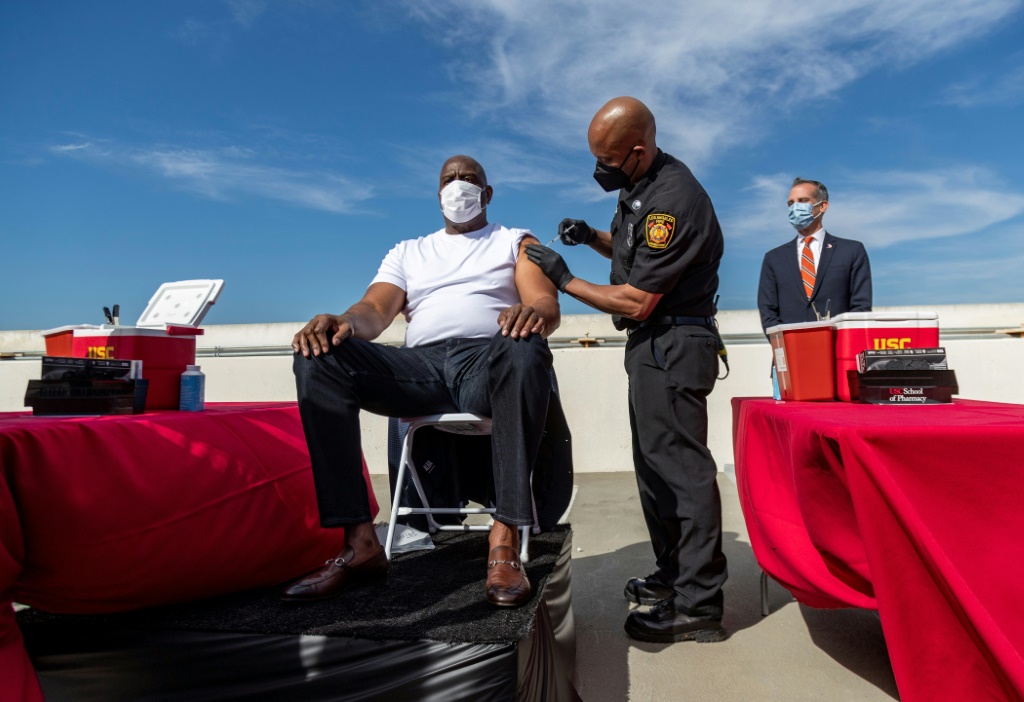The updated COVID-19 vaccine boosters are very dependable when it comes to preventing the disease, with new data showing they cut the risk of getting sick from the coronavirus by about half.
The Centers for Disease Control and Prevention (CDC) published new studies on the bivalent boosters this week, detailing how the new formulations offer substantial protection from the currently circulating variants of SARS-CoV-2.
According to the public health agency, its scientists found that the new bivalent mRNA boosters provide additional protection against symptomatic infection caused by the omicron BA.2-related sublineage XBB.1.5, which is gaining predominance nationwide.
The studies conducted between December 2022 and January 2023 showed that the updated vaccines were effective against XBB/XBB.1.5 for at least the first 3 months after vaccination in people who previously received 2-4 monovalent vaccine doses.
The scientists collected near real-time data from the Increased Community Access To Testing program, which administers Covid testing through pharmacies. Around 30,000 test results were analyzed. More than 13,000 (47%) yielded positive test results.
Most people who tested positive for COVID-19 did not receive the updated boosters. Conversely, those who tested negative had gotten an updated bivalent booster in recent months.
For adults between 18 and 49 years old, the bivalent boosters cut the risk of symptomatic infection due to the BA.5 subvariant by 52% and the XBB/XBB.1.5 sublineage by 49%. For adults 50 to 64, the boosters cut the risk by 43% and 40% for the same subvariants, respectively.
The CDC said it’s important to monitor the efficacy of the vaccines and boosters since the virus continues to evolve and newer strains are emerging. The agency urged all eligible people to stay up to date with the recommended vaccines and boosters.
Despite the efficiency of the new boosters, Politico reported that only 15.3% of eligible Americans, or around 50 million people in the U.S., received the updated doses, which started rolling out last September. The outlet also noted that the country has yet to witness a catastrophic wave from XBB.1.5, dubbed the most transmissible variant of the coronavirus to date.
For those who got their bivalent shots in September, it’s hard to tell if the protection they got out of them has already waned. There’s little evidence of waning effectiveness two to three months after vaccination, according to CNN.
“It’s too early, I think, to know how waning will happen with the bivalent vaccine. We know from the older vaccines that we do see protection decrease over time, especially against symptomatic infection. Just like with overall protection, what we’ve seen in the past is, your protection lasts longer for more severe illness,” CDC senior epidemiologist Ruth Link-Gelles told the news outlet.
















